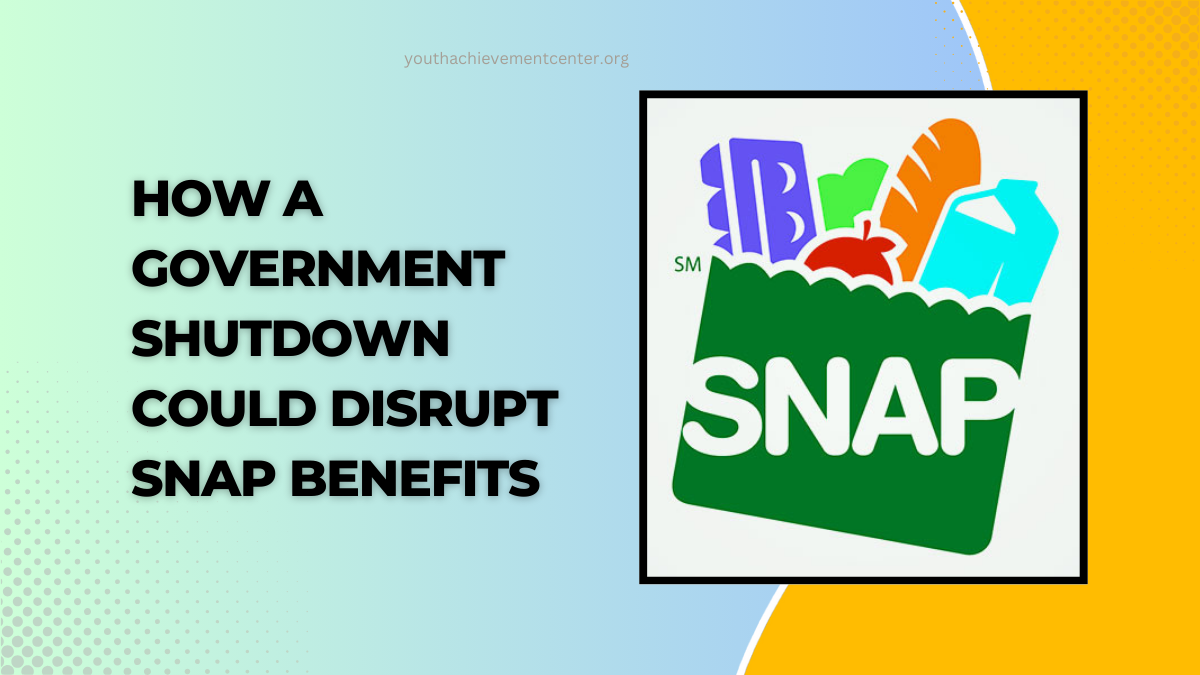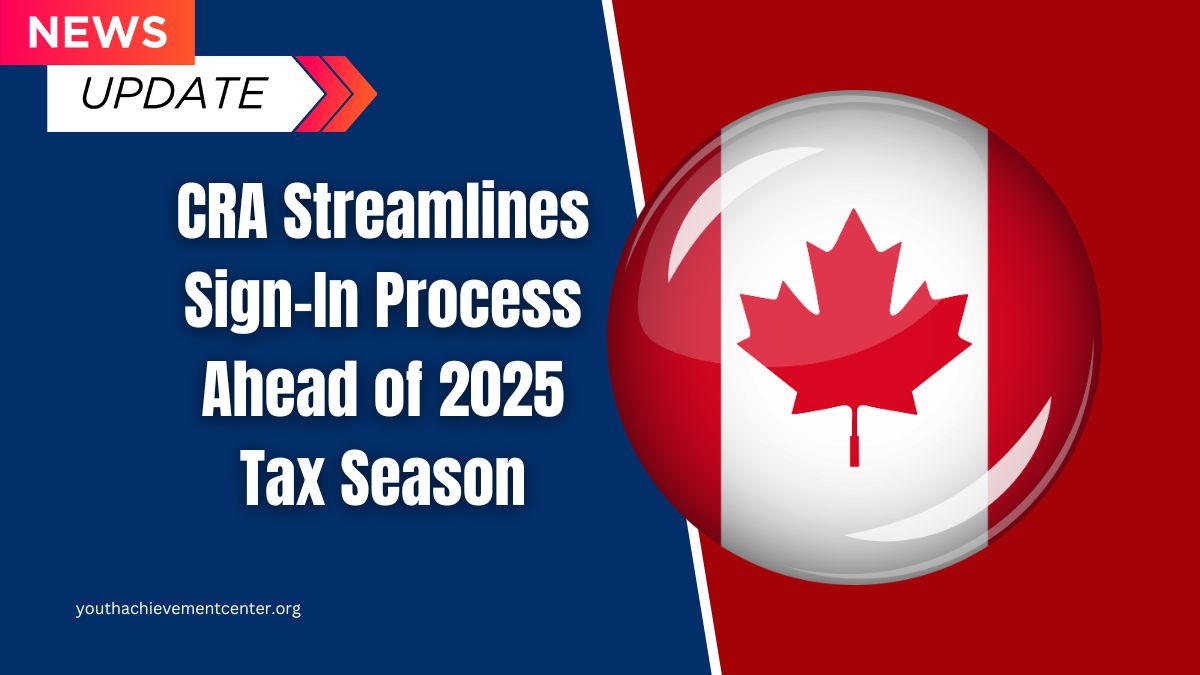Millions of Americans rely on the Supplemental Nutrition Assistance Program (SNAP) to help them buy essential food.
With a looming government shutdown, many are concerned about its consequences on their benefits. Here’s what you need to know about how a shutdown could impact SNAP and other related programs.
Government Shutdown and SNAP
Many government programs, including SNAP, could face significant disruptions during a government shutdown.
While SNAP is generally funded in advance, the ongoing shutdown risks delaying payments and cutting services. If the shutdown extends into future months, it may affect how and when benefits are distributed.
Impact on WIC
The Special Supplemental Nutrition Program for Women, Infants, and Children (WIC) faces more immediate consequences. Within days of a shutdown, the majority of the 7 million participants in WIC could see their benefits cut.
For many, this program is vital for ensuring that pregnant women, breastfeeding women, and young children receive proper nutrition.
Vendor Challenges
SNAP beneficiaries use Electronic Benefit Transfer (EBT) cards to purchase eligible food. However, a shutdown could prevent vendors from renewing their licenses to accept EBT payments.
This could create widespread issues, especially for low-income families who rely on these services to access food.
Potential Delays in SNAP Payments
While SNAP benefits for January 2025 are already allocated, extended shutdowns could disrupt payments for subsequent months.
During previous shutdowns, provisions allowed for payments to continue temporarily, but this time there may not be such measures in place.
| Program | Participants | Impact of Shutdown | Potential Delays | Consequence |
|---|---|---|---|---|
| SNAP | 40 million | Delayed payments | February onward | Financial strain on recipients |
| WIC | 7 million | Benefits cut soon | Within days of shutdown | Immediate loss of benefits |
| EBT Vendors | Authorized stores | Unable to accept benefits | Until license renewal | Lack of access to food |
| USDA Support | Farmers & suppliers | Possible delay in funding | Ongoing | Potential disruptions in food supply |
Financial Strain on Low-Income Families
For millions of Americans, SNAP benefits are a lifeline that helps families afford nutritious food. A shutdown could leave these families scrambling to meet basic needs.
With no provision in place to guarantee continued funding for these programs, many people may face hunger.
Effects on Newborns and Infants
Nearly 40% of U.S. newborns depend on WIC for their nutritional needs. The program provides essential nutrition to pregnant women, breastfeeding women, and children under 5 years old.
A shutdown would disproportionately affect this vulnerable population, potentially leading to health risks and insufficient food security.
This is a critical issue for millions of Americans, and the consequences of not passing timely legislation could lead to widespread hardship. With the holidays around the corner, it’s more important than ever to secure the funding for these essential programs.
FAQs
How soon will a government shutdown impact SNAP benefits?
SNAP benefits could be delayed if the shutdown extends beyond the current payment cycle, especially if no provisions are passed to continue funding.
Will there be enough funding for SNAP if the shutdown continues?
No, there may not be sufficient funding for subsequent SNAP payments without a stopgap provision, and recipients could face delays.
How will WIC be affected by a government shutdown?
WIC will experience significant cuts, potentially within days of a shutdown. This could affect millions of women, infants, and children who depend on the program for nutrition.
Will I be able to use my EBT card during a government shutdown?
If a shutdown continues, vendors may not be able to renew their EBT licenses, preventing you from using your benefits at certain stores.
What can be done to prevent these disruptions?
To prevent disruptions, lawmakers must pass legislation ensuring SNAP and WIC programs continue functioning, even during a government shutdown.







